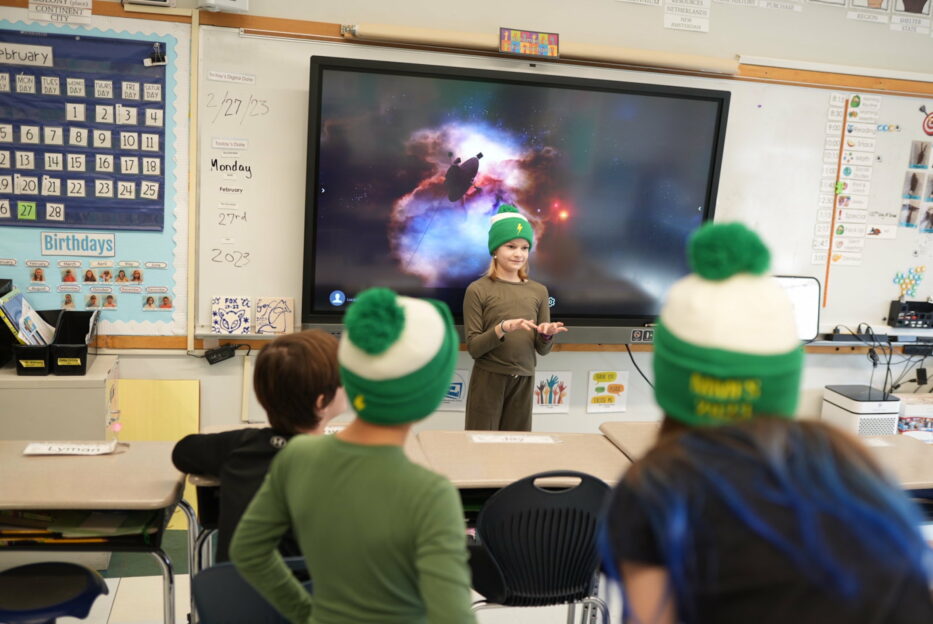Students Best Served by MMFS
While each student has a unique learning profile, our typical students have average to above average cognitive ability and have been diagnosed with language-based learning disabilities like dyslexia, dysgraphia, and ADHD. All of our students require a small, specialized learning environment to meet their true potentials.
*Our program does not have the necessary level of support and services required for students diagnosed with autism, cognitive impairments, or emotional and behavioral disabilities.*
Read our definition of a learning disability below.

Mary McDowell Friends School: Learning Disabilities Definition
A learning disability is a neurological condition that causes difficulties with the way the brain handles information. Information coming in or going out may become disorganized as it travels among different areas of the brain. These difficulties can interfere with important learning skills such as reading, writing, and/or math. They can also interfere with such things as receptive and expressive language, organization, planning and managing time, reasoning, attention, and long and short term memory.
Children with learning disabilities are as smart as or smarter than their peers, but they usually find it difficult to learn in a typical manner; however, with different learning methods and strategies, they can be just as academically successful as students without learning disabilities.